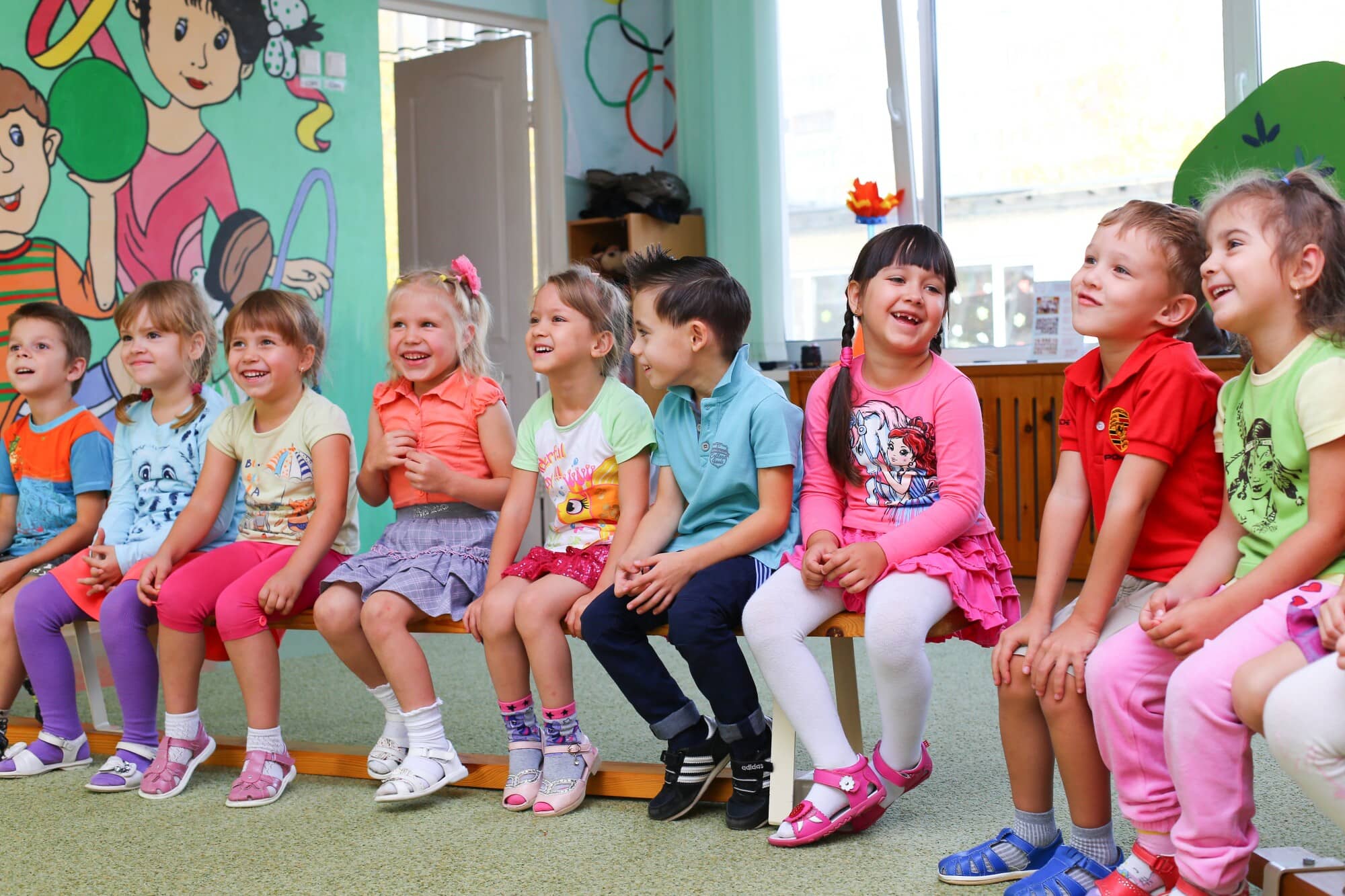Why Childcare Centers Should Consider Gardner’s Theory of Intelligences
One of the keys to unlocking a child’s potential is understanding how they learn best. This is why you hear so much talk about “visual learners” and “natural talents”.
However, if you truly want your child to reach their potential, you must go deeper. This is the logic behind Gardner’s well-known Theory of Intelligences.
This theory is increasingly being applied in leading child care facilities across America and beyond. Here’s what you need to know about Gardner’s intelligence theory.
Gardner’s Theory of Intelligences Explained
Gardner’s theory rests on the idea that every single person has multiple “intelligences”, with some having greater or lesser degrees than others. There are eight identified intelligences in this theory. These are:
Verbal-Linguistic
This describes highly developed verbal communication skills, and an ability to listen. A keen sensitivity to the rhythms and meanings of language is also key.
Logical-Mathematical
This describes a child’s ability to identify and follow numerical and logical patterns. It also describes their ability to quantify the world around them.
Spatial-Visual
This is sort of the opposite to logical-mathematical intelligence. It describes the ability to accurately visualize concepts through images.
Bodily-Kinesthetic
This is a form of physical intelligence. It describes a child’s ability to control the movement of their own body and to skillfully use objects.
Musical
As the name suggests, this one describes the ability of a child to produce, understand, and appreciate tone, pitch, and rhythm. It is not necessarily the same as musical talent or ability.
Interpersonal/ Intrapersonal
Interpersonal intelligence describes the capacity of a child to understand and respond to the moods and motivations of other people in an accurate, productive, and healthy manner. It’s about reading social cues and responding appropriately.
Intrapersonal is more inward-focused. It describes the capacity for self-awareness, and how in touch a child is with their own inner thoughts and feelings.
Naturalist
Naturalist intelligence is a child’s capacity to navigate, categorize, and understand their natural environment. It also usually presents as a keen interest in the outdoors.
Existential
This one is a bit higher-level. It describes the capacity to accept and tackle the big questions about our collection existence, such as the meaning of life.
Applying This in the Classroom
So, how is the Theory of Intelligences applied within child care services? The most important first step is to identify which intelligences the child has in abundance, and which ones are less relevant to that child.
This can be done in several ways. It often means engaging them on the interests that are most relevant (bringing them out into nature, practicing music, and so on).
By trying out all these different stimuli, you can quickly see which ones a child will adapt to most smoothly. This way, you can nurture their natural talents, based on the things that they clearly enjoy the most.
This not only ensures a productive, targeted development. It also makes the learning journey fun and shows the child that their lifelong development can be something enjoyable. When finding a child care facility for your child, this might just be the most important consideration of all.
We Help Your Child Flourish
While we don’t base all our curriculum around the Theory of Intelligences, there are some valuable lessons to take from it. We agree that the best way to help a child thrive is to expose them to different learning environments, to help them find their superpower.
If this sounds like something your child could benefit from, we are here to help. Do not hesitate to get in touch with our friendly and professional team to find out what we can offer.


